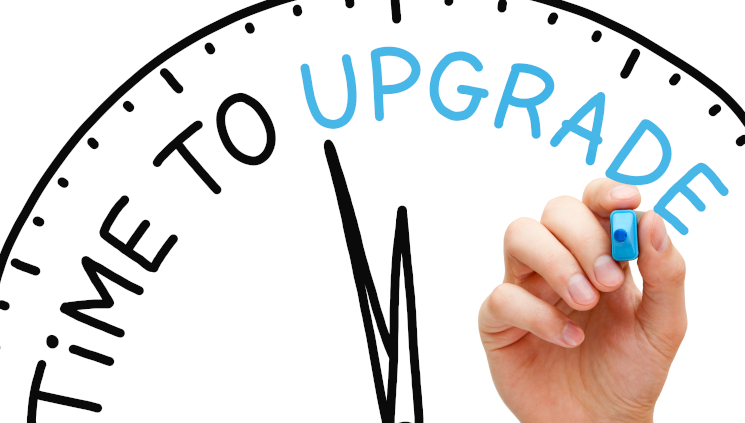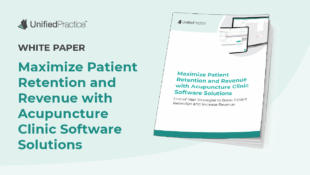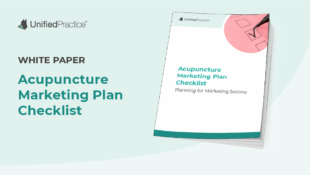Isn’t just about the pasta, is it?
Stick with me, people. I have a cautionary tale to tell.
For years my wife and I used to patronize a quiet little Italian restaurant on a bustling shopping strip not far from our apartment. Now, this restaurant was nothing fancy — it was actually about as unpretentious as you could imagine — but the chef consistently performed miracles in that kitchen. I’m talking delicious linguine all’arrabbiata and risotto cacciatore. I’m talking about fresh arugula salad with thinly-shaved parmesan cheese. I’m talking about a tiramisu to die for. Top it off with a bottle of full-bodied Tuscan chianti and we were in paradise.
In fact, my mouth is watering thinking about it today.
The restaurant manager was a real gentleman — very diligent in attending to our needs — and the servers were always friendly and attentive. Going to that restaurant became a Friday night ritual for my wife and I, an awesome way to kick off the weekend after a hard working week.
And then one day I drove past and the restaurant had closed down.
I remember thinking: “No way! How is it possible? That food was amazing! This is a tragedy!”
Later I heard that the manager was working as an Uber driver. I never saw him again, but I often thought about what lessons could be drawn from his business misfortunes.
I guess my wife and I are the kind of loyal customers who enjoy the familiar. We like to go to the same secondhand bookstores, the same coffee shops, and the same bars. It gives us a pleasant sense of belonging to our community.
For us Friday night meant always going to that Italian restaurant. We really came to love its little quirks. Maybe it was old and shabby, but it certainly had character. It never really bothered us that the laminated menus were always a little old and frayed, or that the tablecloths had seen better years, or that the picture of Rome was from the 1980s (judging from the vintage Fiats circling the Colosseum). It was only a minor irritation we had to listen to the same Al Martino CD on repeat every Friday.
Heck, we even started to enjoy it.
But evidently not every customer had the same priorities. Familiarity can be a comfort but, as they say, it also breeds contempt. I guess other long-term customers at that restaurant finally got bored and tried something else. Worse, new customers were not impressed by a place that hadn’t kept up with the times. The manager of that restaurant, who diligently attended to our every dining need, had clearly let things slide. He really should have invested in new lighting fixtures, updated the pictures, bought new tablecloths. I’m sure he was aware of the problems in his restaurant, but he obviously kept putting off addressing them because they didn’t seem urgent enough.
The lesson I drew from the failure of that restaurant is that you should never neglect investing in the long-term viability of your business.
Acupuncture practice management requires the same basic awareness.
Swept up in the day-to-day challenge of maintaining a clinic, it’s understandable to focus your attention — and immediate financial expenditure — on the everyday supplies necessary to keep the business going. Meanwhile, the small investments necessary to upgrade your practice are the easiest thing to delay. Maybe you realize your old acupuncture table isn’t ideal, but you figure it’ll do for now. Maybe you acknowledge the benefits of electronic health records but you’re putting off investing in acupuncture practice management software. Maybe you should upgrade your interiors with those nice bamboo screens, but that stuff can wait till next month, right?
Maybe not.
In many ways, it comes down to the issue of communication, the subtle ways you tell your patients what your practice is really about. Consider it from the patient’s point of view. Sure, many will enjoy the comforts of the familiar. But others will be stimulated by novelty and enjoy the refreshing energy that comes with change.
The lesson I’ve learned is to always set aside a portion of your budget to improve the infrastructure of your business. Your pasta may be delicious, but sometimes that isn’t not enough.
By Matthew Leask




